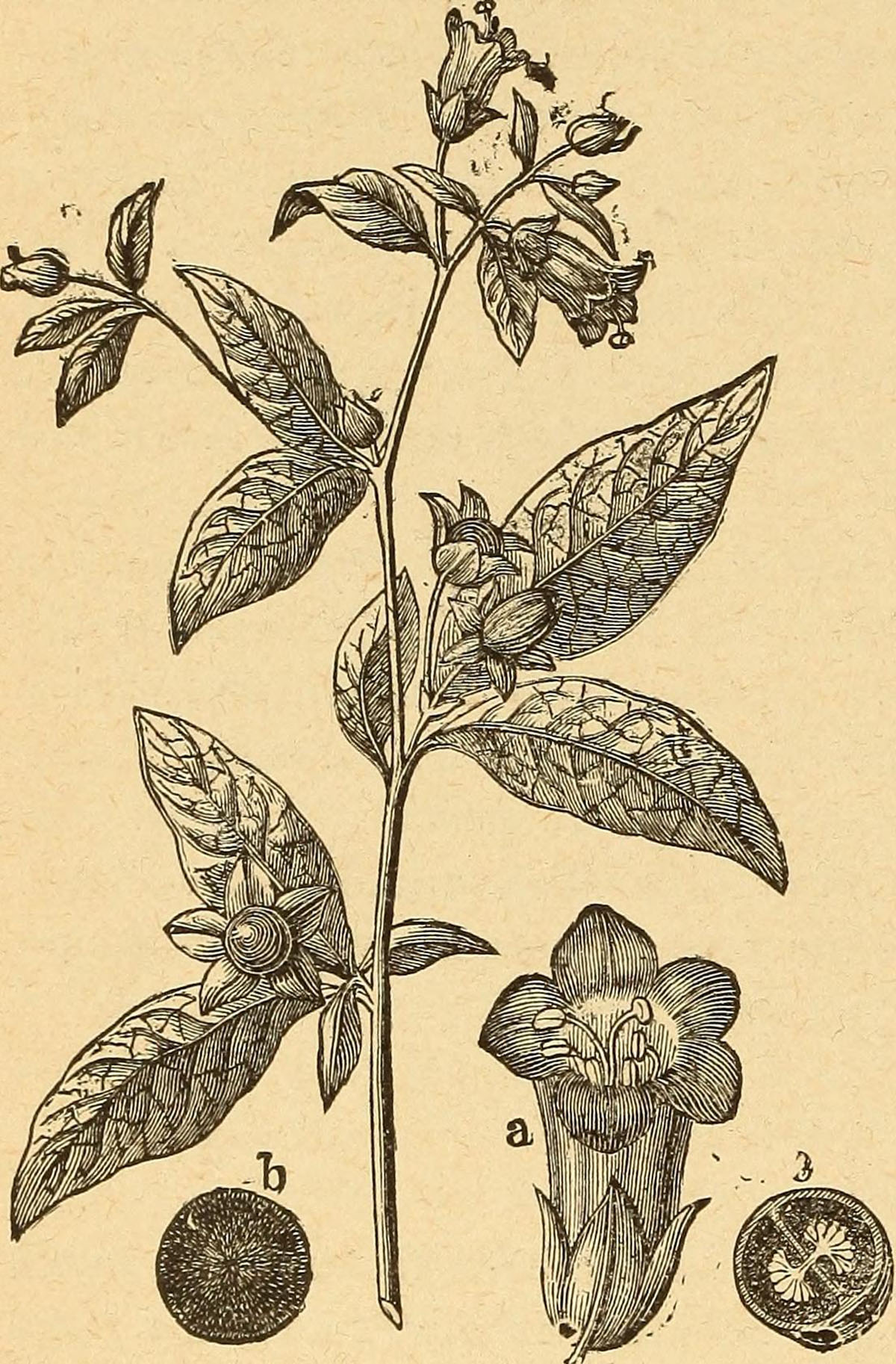
What is belladonna?
There are a lot of people who have heard of belladonna but are unsure of what it is and how it can be used. These people should know that it is a mixture that is naturally occurring. There are a lot of effects that this mixture has on the body and people use it for various reasons. Some of the most common uses are in order to treat spasms of the gastrointestinal tract, the bladder and the biliary tract. Apart from these, the doctors advise people to use belladonna in order to have better control over certain conditions like colitis, spastic bladder, diverticulitis, peptic ulcer and several others. Apart from all these uses, people often use belladonna when they experience nausea, vomiting, motion sickness, abdominal cramping or if they suffer from nighttime urination.
Side effects of belladonna
People need to know that there are some side effects that may occur when they use belladonna. Some side effects are not serious, while some demand emergency medical attention. Some of these more severe side effects are an allergic reaction, an irregular heart rate, a rash and eye pain. A person who experiences some of these side effects should go to the hospital. On the other hand, there are less dangerous side effects like headache, dizziness, weakness, changes in taste, blurred vision, problems with urination and decreased sweating. Apart from these, there are some other side effects that may occur.
Important information about belladonna
Due to the fact that it can cause dizziness, blurred vision and drowsiness, people must use extra caution if they are driving, operating machinery or performing some other hazardous activity. Alcohol must not be used because it can only make these side effects more severe.
Who should not take belladonna?
There are some people who should avoid using this natural mixture at all cost. People who suffer from kidney disease, problems with urination, a blockage in the intestines, glaucoma or myasthenia gravis must not use belladonna. If a person experiences numbness in hands or feet, liver disease, ulcerative colitis, thyroid problems, high blood pressure, irregular heartbeat, reflux disease, asthma, allergies or enlargement of prostate, he or she must inform the doctor before he or she prescribes the medication.People should also remember that it is important that they seek medical attention as soon as possible if they overdose on this natural mixture. Dry mouth, nausea, blurred vision, dilated pupils, confusion, anxiety and hot or dry skin are some of the most common symptoms of belladonna overdose.

















Your thoughts on this
Loading...